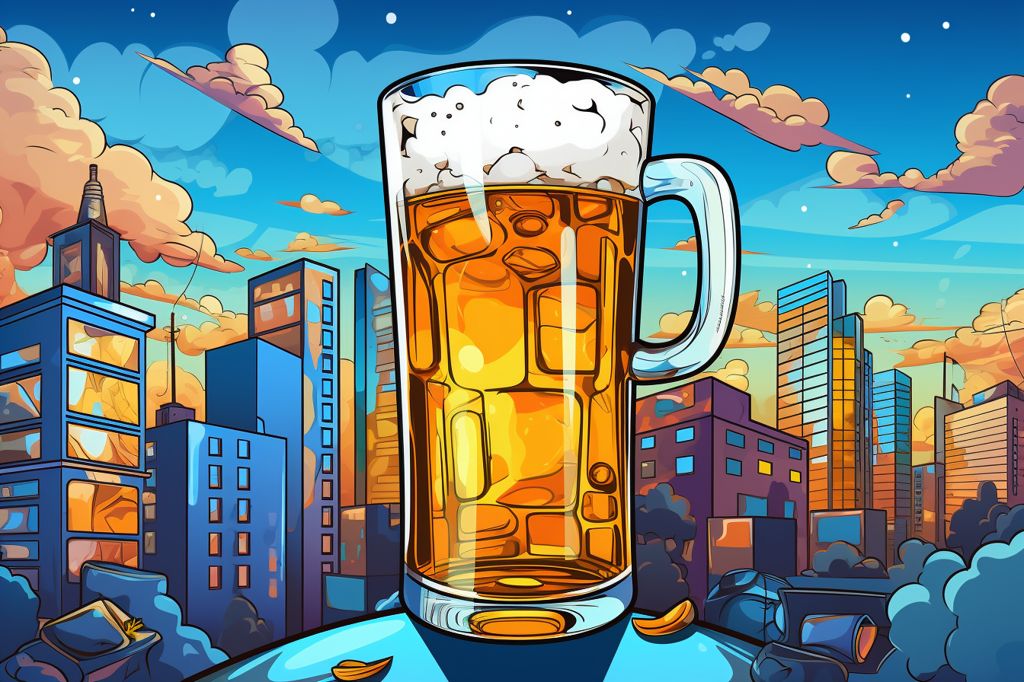A recent study conducted by Private Rehab Clinic Delamere has placed Leeds as the second-worst city in the UK for dangerous drinking, with London taking the top spot. The study used an 80-point scale and considered factors like the number of clubs and bars, alcoholism rates, number of off-licences, alcohol tours, and bottomless drinking locations.
The Methodology and Results
The study aimed to determine the rate of binge drinking in each city. It’s worth noting that while the bottomless brunch offerings in Leeds are extensive, factors like alcoholism rates are less known to the public.
Leeds was given the second place in the UK’s worst city for drinking culture with a score of 11 out of 80. The score was based on a bottomless drinks score of 0.8/10, 60 recorded locations and events offering free-flowing booze, 3,310 hospital admissions between 2019-2020, and 9,954 recorded alcohol dependency cases between 2018-2019.
Bristol completed the top three with a score of 16.6 out of a possible 80. London, the nation’s capital, had the most dangerous drinking culture in the UK with an overall score of 0 out of a possible 80.
Additional Factors Considered
The study also considered other factors, such as:
- Alcohol death rates per 100,000 people
- Average alcohol consumption per year (litres)
- The percentage of the population with alcoholism
- Number of bars and clubs listed on TripAdvisor
- Number of alcohol tours listed on TripAdvisor
- Searches for ‘alcohol delivery’ on SEMrush
The Top 10 Most Dangerous Cities for Drinking Culture
- London – 0/80
- Leeds – 11/80
- Bristol – 16.6/80
- Manchester – 17.1/80
- Liverpool – 19.9/80
- Birmingham – 22.3/80
- Newcastle – 25.6/80
- Nottingham – 31.1/80
- Sheffield – 31.2/80
- Brighton – 32/80
In comparison with other countries in Europe, the UK ranked third for being “at risk of dangerous drinking levels” with a score of 17.7/80.
The Impact of the Coronavirus Pandemic on Drinking Habits
Martin Preston, Founder and Chief Executive at Delamere, shared his thoughts on why binge drinking rates are so high in the UK. He stated that the coronavirus pandemic caused an alarming spike in binge drinking levels across the UK due to isolation and people turning to high levels of alcohol consumption at home.
Drinking at home has several advantages, including avoiding the wait between drinks and spending less money. With 18.1% of people drinking at a high-risk level during the lockdowns, and 22% of adults increasing their alcohol consumption, concerns about the strain of alcohol on health have risen.
Moreover, the top three cities with the highest binge drinking problems had numerous drinks delivery services, eliminating the need to leave home to buy alcohol.
For more information on drinking culture in the UK and the results of this study, including tips for combatting binge drinking and alcohol dependency, visit the Delamere website.
